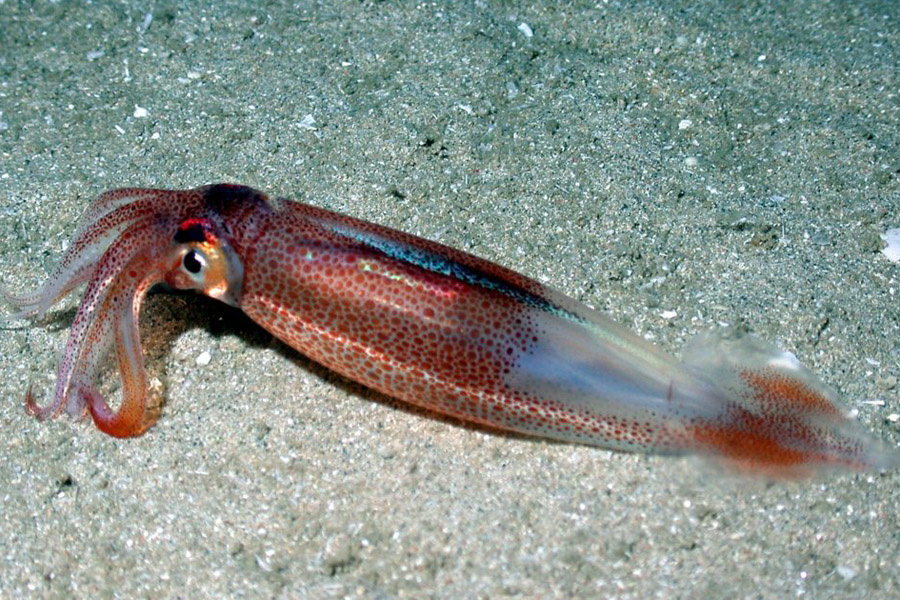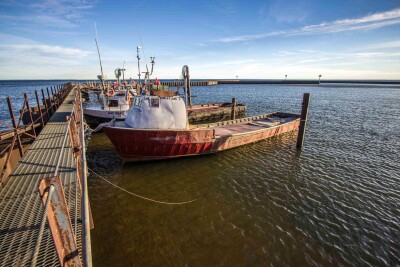The northeast longfin (loligo) squid fishery runs year-round, with the commercial harvest typically peaking in spring and fall. The shortfin (illex) squid season typically gains traction from May and runs into the fall, with catch largely related to feeding and spawning migration and market conditions.
Ex-vessel price for longfin varies from year to year and is driven by fresh market demand instead of freezer demand.
“It depends on the run, but fishermen get around $1.40 per pound, or higher, if the fresh market is hot,” said Eric Reid, general manager of the Rhode Island processor Seafreeze Shoreside. “That price doesn’t seem to want to go anywhere. The fishery is driven by the processor price, which is strong.”
NOAA approved new squid specifications for the 2018-20 fishing years. The annual quota for shortfin was set at 50.52 million pounds, and the longfin quota is similar at 50.56 million pounds.
By mid-March, 262,592 pounds of shortfin squid had been landed, just one percent of quota. However, 6.92 million pounds, or 33 percent, of the longfin quota had been landed — mostly by fleets in Rhode Island and New Jersey, but also from New York.
“Currently, weather is determining the catch more than anything,” said Reid. “Fishing has not been spectacular yet, but we’ve been severely constrained for the past month or so. It’s weather dependent, but there are signs that the fish are around.”
In recent years, squid landings have not reached quotas. While 2016’s total northeast longfin catch was big at 39.96 million pounds worth $49.88 million, 2017 was more disappointing with fishermen and industry seeing low volumes.
However, the industry remains optimistic about 2018.
“Right now, the domestic market demand is extremely good in the short term,” said Reid. “Once we get into our spring fishery, a lot more vessels are involved, and they are closer to the shore, so we will see how that impacts things.”
Calamari from Point Judith, R.I., is “the most popular appetizer on the menu” at Hemenway’s, a restaurant in Providence, R.I. “It never leaves R.I., so it’s fresh, and it’s definitely something we take pride in! It’s been on the menu for decades,” said Emily Warnet, a supervisor at Hemenway’s.







